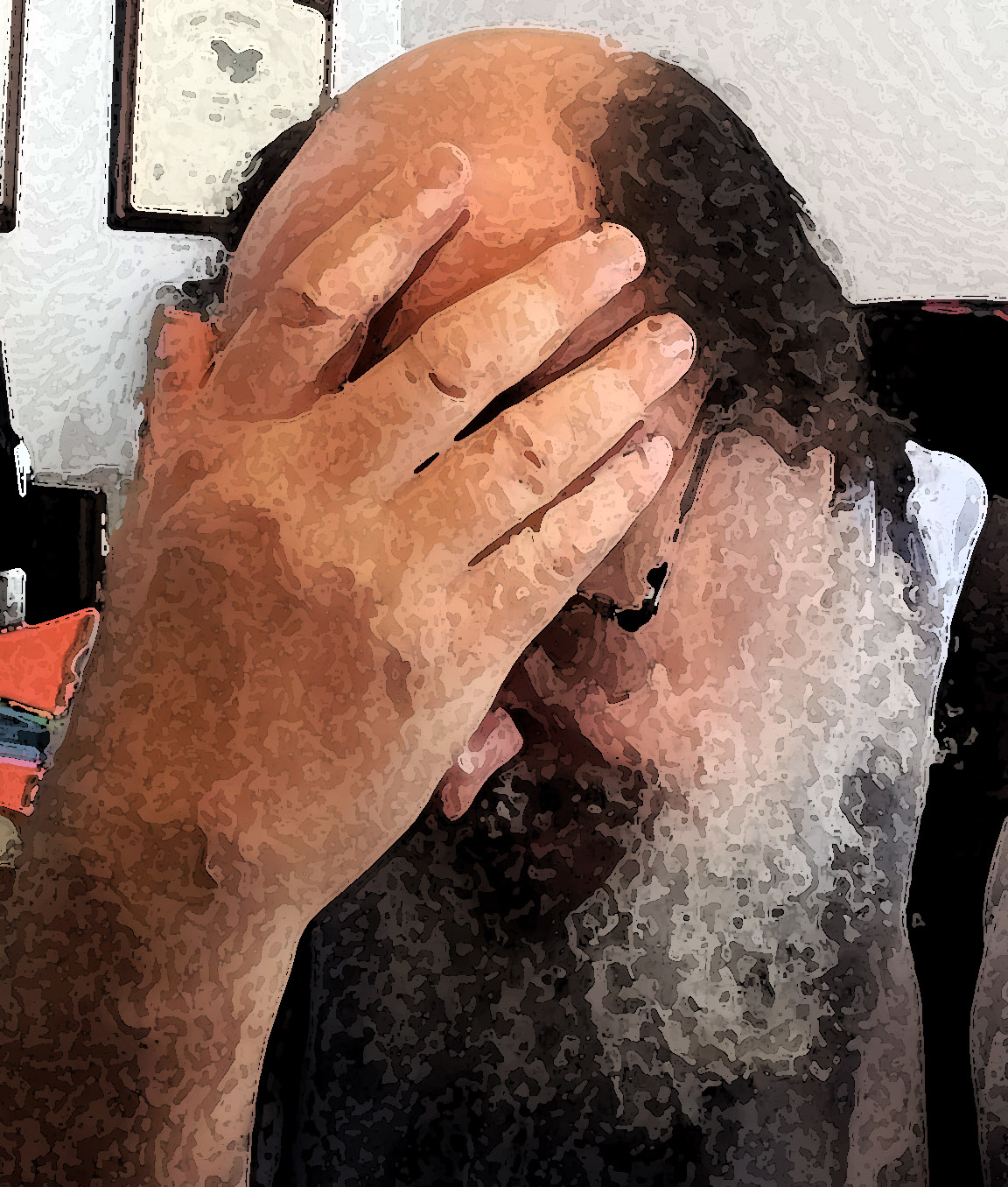Clinical Psychology Associates of North Central Florida www.cpancf.com
2121 NW 40th Terr. Ste B, Gainesville, FL 32605 (352) 336-2888
Chronic Pain: Definition, The Mind-Body Connection, and Psychological Approaches
by Jennifer Evans, Psy.D.
What is chronic pain?
Definition: Chronic pain is pain that lasts for 3 months or longer (National Institute of Health). The initial onset of the pain can be gradual or sudden, occurring from a distinct injury or illness, or there may be no clear cause. Chronic pain can be sharp or dull, constant or sporadic, and visible or invisible to others. Health professionals rely on patient report and objective findings to diagnose chronic pain. Specifics such as the history, type, location, and timing of the pain can be helpful information to tell a doctor who is assessing chronic pain.
Research has found that more than 76 million people in the US experience chronic pain. However, nearly half of these individuals never receive treatment. Nearly 60% of those who report having chronic pain report having coped with pain for over a year.
Chronic pain can impact mental health and abilities, as well as suppress the immune system. Because of this, effective treatment requires a holistic approach that also addresses psychological aspects of pain.
Those who experience chronic pain may experience:
· Increase or decrease in sleep
· Fatigue
· Decrease in appetite
· Social isolation and withdrawal from activities
· Relationship tension with loved ones who have difficulty understanding and adjusting to limits chronic pain creates
· Difficulty adjusting to new abilities
Pain: Mind/body connection
The way you think, act, and the physical sensations you experience can lead to increases or decreases in pain. Below is an example of ways in which thoughts, behaviors, and physiological responses can make pain worse. A therapist can help teach techniques for disrupting this unhelpful cycle so that you can better cope with pain.
How can psychotherapy help with pain management?
Myth: Being referred to a psychologist for chronic pain treatment means your doctor thinks “it is all in your head”
Reality: Clinical and Health Psychologists are often employed in healthcare settings and clinics to provide pain management assistance through methods such as muscle relaxation, visualization, methods to increase tolerance and functioning, biofeedback and work on things like stress and anxiety that can increase pain or muscle tension.
The goal of therapy is to reduce pain and improve functioning. Psychotherapy may help alleviate pain, reduce medication dependence, improve pain levels, and improve ability to cope with pain. Psychotherapy can be helpful for gaining support and reducing isolation, or in some cases reducing maladaptive interpersonal patterns which can increase symptom dependency. Psychotherapy may assist in coping with major life changes or trauma related to the pain. Cognitive-behavioral therapy by a psychologist can help individuals learn pain management techniques that will help reduce stress, reduce muscle tension, and thereby reduce pain.
Conduct a psychological evaluation of chronic pain. This can involve evaluation with measures including validity checks, comparison of psychological profiles with other chronic pain patients, examine interpersonal factors related to pain, assess coping strategies for pain, assess behaviors which can be involved in pain tolerance or symptom dependency, assess treatment expectations, and assess for common co-occurring conditions such as depression or anxiety
Provide information about the relationship between pain, mood, physiological arousal, behavior, and thoughts
Help monitor potential causes and situations that contribute to pain by keeping a pain journal
Teach how to better communicate regarding pain and pain-related needs.
Help explore and weigh interpersonal issues of being a chronic pain sufferer.
Teach relaxation techniques (such as mindfulness, muscle relaxation, deep breathing, body scans, and guided meditation) in order to help reduce stress.
Explore ways to modify behavior (learning to pace physical activity, engaging in pleasurable activities, establish exercise programs, and assertiveness training).
Teach different ways to think about, and respond to, pain.
Provide referrals and collaborative care with other professionals who can help with pain management.
Explore with your doctor the appropriateness of possible adjunctive treatments and activities such as yoga, tai chi, physical therapy, conditioning, massage therapy, etc.
Monitor and assist with issues of compliance, abuse, or dependence on pain or other medication.
Assist with fears related to undergoing medical procedures, fears of injection.
Explore possible needs for career planning or readjustment.
How can I cope with chronic pain?

